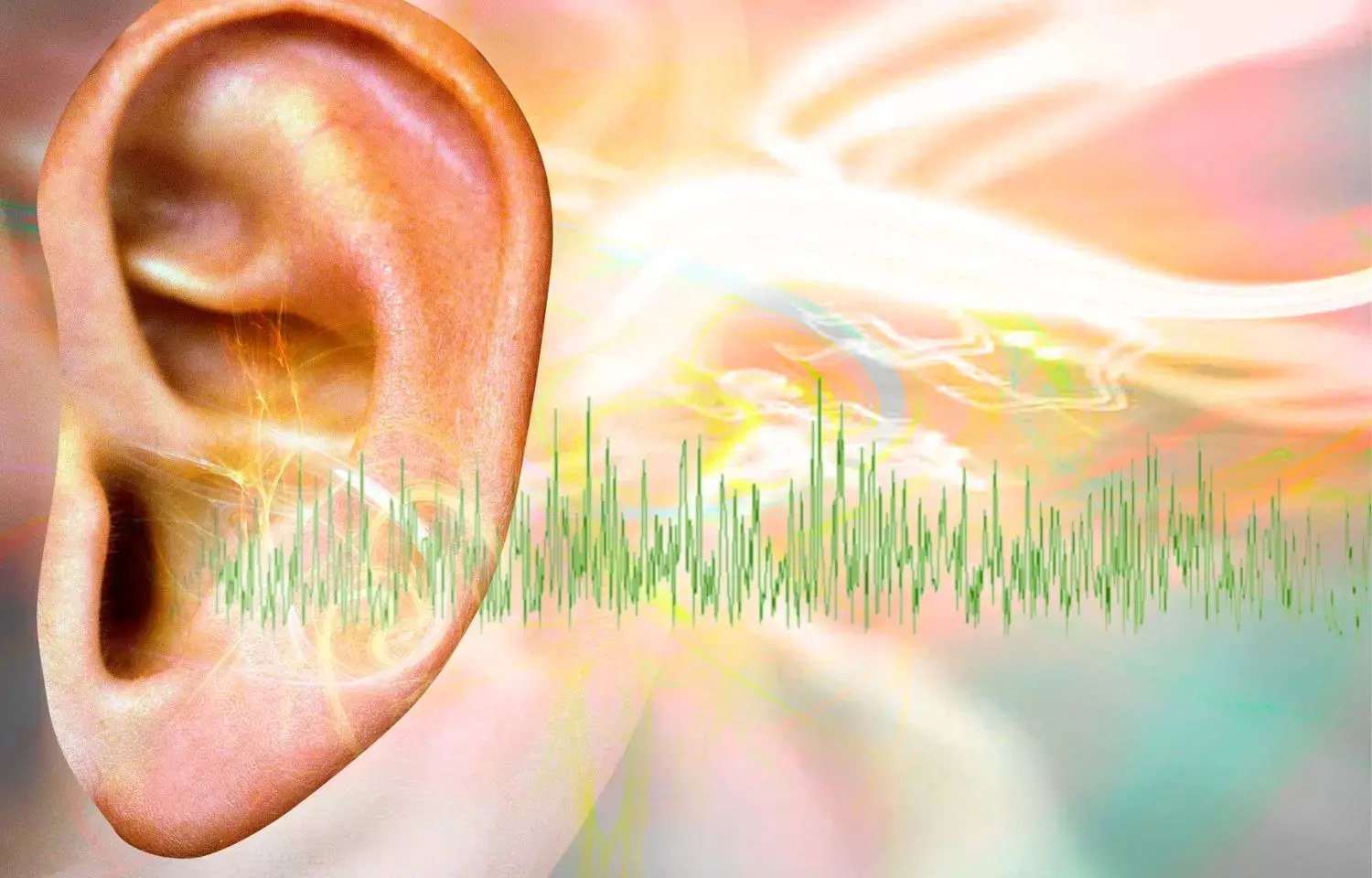- Home
- Medical news & Guidelines
- Anesthesiology
- Cardiology and CTVS
- Critical Care
- Dentistry
- Dermatology
- Diabetes and Endocrinology
- ENT
- Gastroenterology
- Medicine
- Nephrology
- Neurology
- Obstretics-Gynaecology
- Oncology
- Ophthalmology
- Orthopaedics
- Pediatrics-Neonatology
- Psychiatry
- Pulmonology
- Radiology
- Surgery
- Urology
- Laboratory Medicine
- Diet
- Nursing
- Paramedical
- Physiotherapy
- Health news
- Fact Check
- Bone Health Fact Check
- Brain Health Fact Check
- Cancer Related Fact Check
- Child Care Fact Check
- Dental and oral health fact check
- Diabetes and metabolic health fact check
- Diet and Nutrition Fact Check
- Eye and ENT Care Fact Check
- Fitness fact check
- Gut health fact check
- Heart health fact check
- Kidney health fact check
- Medical education fact check
- Men's health fact check
- Respiratory fact check
- Skin and hair care fact check
- Vaccine and Immunization fact check
- Women's health fact check
- AYUSH
- State News
- Andaman and Nicobar Islands
- Andhra Pradesh
- Arunachal Pradesh
- Assam
- Bihar
- Chandigarh
- Chattisgarh
- Dadra and Nagar Haveli
- Daman and Diu
- Delhi
- Goa
- Gujarat
- Haryana
- Himachal Pradesh
- Jammu & Kashmir
- Jharkhand
- Karnataka
- Kerala
- Ladakh
- Lakshadweep
- Madhya Pradesh
- Maharashtra
- Manipur
- Meghalaya
- Mizoram
- Nagaland
- Odisha
- Puducherry
- Punjab
- Rajasthan
- Sikkim
- Tamil Nadu
- Telangana
- Tripura
- Uttar Pradesh
- Uttrakhand
- West Bengal
- Medical Education
- Industry
Vitamin D Deficiency linked to Pulsatile Tinnitus Due to Dehiscent Sigmoid Plates: Study

Researchers have found in a new study that Vitamin D deficiency may contribute to pulsatile tinnitus associated with dehiscent sigmoid plates. However further research is required to assess the effectiveness of vitamin D supplementation in managing symptoms in such cases. The study was conducted by Michael F. and colleagues published in The Egyptian Journal of Otolaryngology.
Pulsatile tinnitus, or a rhythmic noise heard within the ears, usually synchronized with the heartbeat, may be caused by vascular abnormalities of the brain, such as sigmoid sinus dehiscence. It is a condition whereby there is a loss of bony covering of the sigmoid sinus, leaving the vessel exposed and allowing sound to be conducted directly into the ear. It has come to be increasingly appreciated as a common venous etiology of tinnitus.
Although previous research has documented associations between tinnitus and various systemic conditions, no previous studies have addressed a possible relation between vitamin D deficiency and sigmoid sinus dehiscence, even though the firmly established function of vitamin D in bone health and cortical bone density has been documented.
The main objective of this study was to analyze the prevalence of vitamin D deficiency in patients diagnosed with pulsatile tinnitus caused by sigmoid sinus dehiscence, and to identify the association between the levels of vitamin D, the severity of bone dehiscence, and the intensity of tinnitus.
This cross-sectional study was carried out at Ain Shams University Hospitals between December 2023 and December 2024, a period of 12 months. The study recruited 36 patients who had pulsatile tinnitus and radiologically proven sigmoid sinus dehiscence. Tinnitus severity was clinically evaluated, and imaging grading of dehiscence was done. Blood samples were drawn to determine vitamin D levels, and statistical analysis of correlations between variables was done.
Results
There were three significant associations that were found to be present.
Severity of sigmoid sinus dehiscence was positively correlated with severity of tinnitus the greater the bone dehiscence, the louder or more chronic the tinnitus symptoms experienced by patients.
A negative significant correlation existed between dehiscence severity and vitamin D level as vitamin D level went down, the extent of bony dehiscence went up.
Comparable negative association was also found between tinnitus severity and vitamin D status patients with reduced vitamin D levels reported more severe tinnitus.
This study concludes that vitamin D deficiency could be a causative factor in the development and severity of pulsatile tinnitus caused by sigmoid sinus dehiscence.
Reference:
Fadel, M., Bedros, R.Y., Nassif, M.M. et al. Prevalence of vitamin D deficiency in patients presented by pulsatile tinnitus due to dehiscent sigmoid sinus. Egypt J Otolaryngol 41, 45 (2025).https://doi.org/10.1186/s43163-025-00787-6Dr Riya Dave has completed dentistry from Gujarat University in 2022. She is a dentist and accomplished medical and scientific writer known for her commitment to bridging the gap between clinical expertise and accessible healthcare information. She has been actively involved in writing blogs related to health and wellness.
Dr Kamal Kant Kohli-MBBS, DTCD- a chest specialist with more than 30 years of practice and a flair for writing clinical articles, Dr Kamal Kant Kohli joined Medical Dialogues as a Chief Editor of Medical News. Besides writing articles, as an editor, he proofreads and verifies all the medical content published on Medical Dialogues including those coming from journals, studies,medical conferences,guidelines etc. Email: drkohli@medicaldialogues.in. Contact no. 011-43720751


